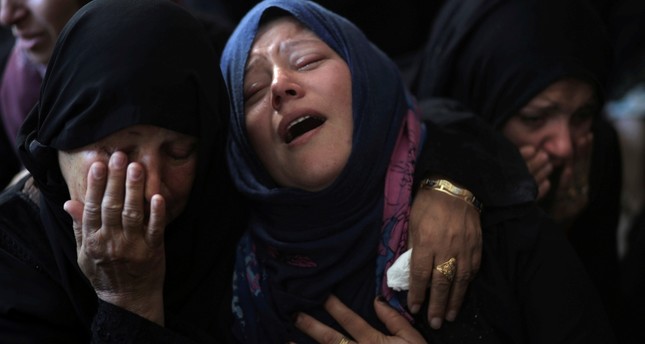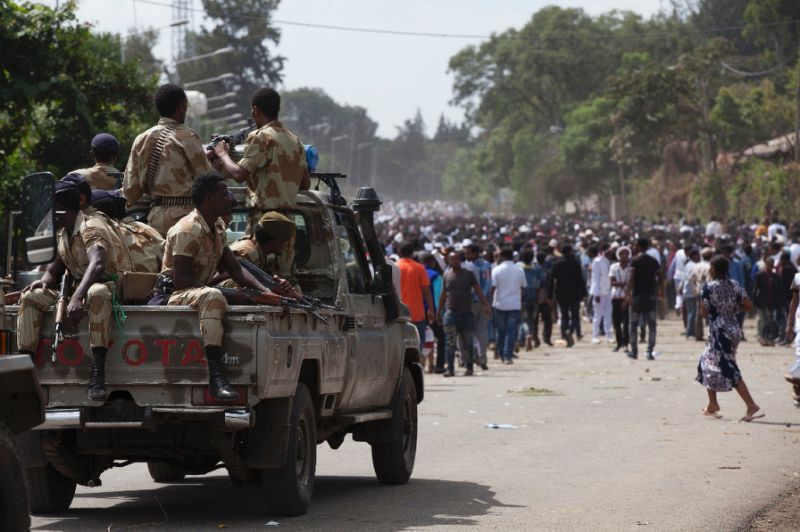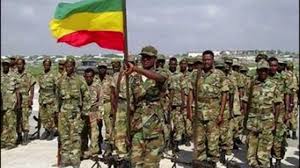
Friday June 10, 2016
By Jeffrey Gettleman

A suicide bomber rammed an explosive-laden car into the gates of an African Union base in central Somalia on Thursday, setting off a predawn gun battle between militants and African Union soldiers.
The Shabab militant group, which has been terrorizing Somalia for years, claimed responsibility for the attack in the Hiran region, saying on Somali news media that its fighters had stormed the base and killed dozens of soldiers.
It is difficult to know what really happened in the attack. The Shabab often exaggerate their battlefield successes in their public claims. And the African Union rarely shares details about its confrontations with militants, and has tried in the past to minimize defeats.
Lt. Col. Joe Kibet, an African Union spokesman, said he could not comment on the number of union soldiers who were killed Thursday, but he did say that at least 110 Shabab fighters had died in the attack.
“The fighting was heavy,” Colonel Kibet said. “We managed to repulse them with a lot of casualties, including many of them.”
Somali government officials said that 240 Shabab fighters had been killed and that dead bodies were scattered for miles.
Villagers in the area said they heard a loud explosion before dawn, followed by heavy exchanges of gunfire for at least an hour.
Somalia has been steeped in various degrees of chaos and bloodshed since its central government imploded in 1991. In recent years, the Shabab have emerged as the region’s most powerful and ruthless militant group. The Shabab are allied with Al Qaeda; their goal is to bring their interpretation of Islamic rule to Somalia.
Lately, the Shabab have increased their attacks, striking civilians, government officials and soldiers from the African Union force that is trying to help stabilize Somalia.
In January, Shabab militants attacked a remote Kenyan Army base using similar tactics to those they did on Thursday in Hiran — a car bomb at the gates of the base, followed by hundreds of fighters on foot and in pickup trucks, blasting machine guns and firing rocket propelled grenades.
Though the Kenyan government has yet to disclose how many soldiers it lost in that January battle, Western security officials have said that at least 150 were killed.
Analysts have predicted that Shabab attacks would increase during the Islamic holy month of Ramadan, which began this week.









